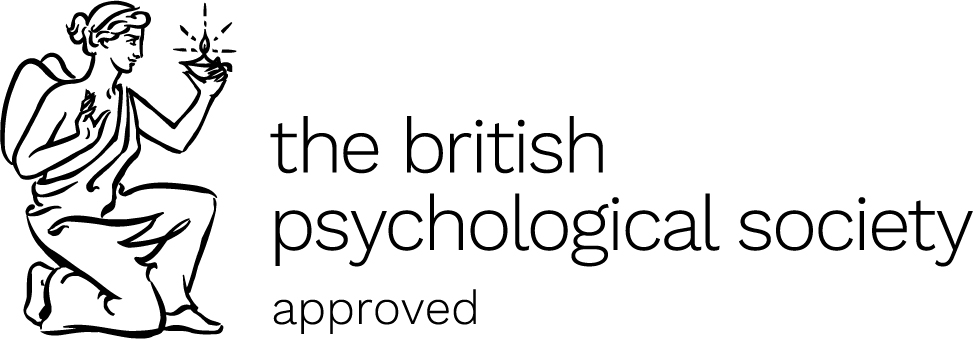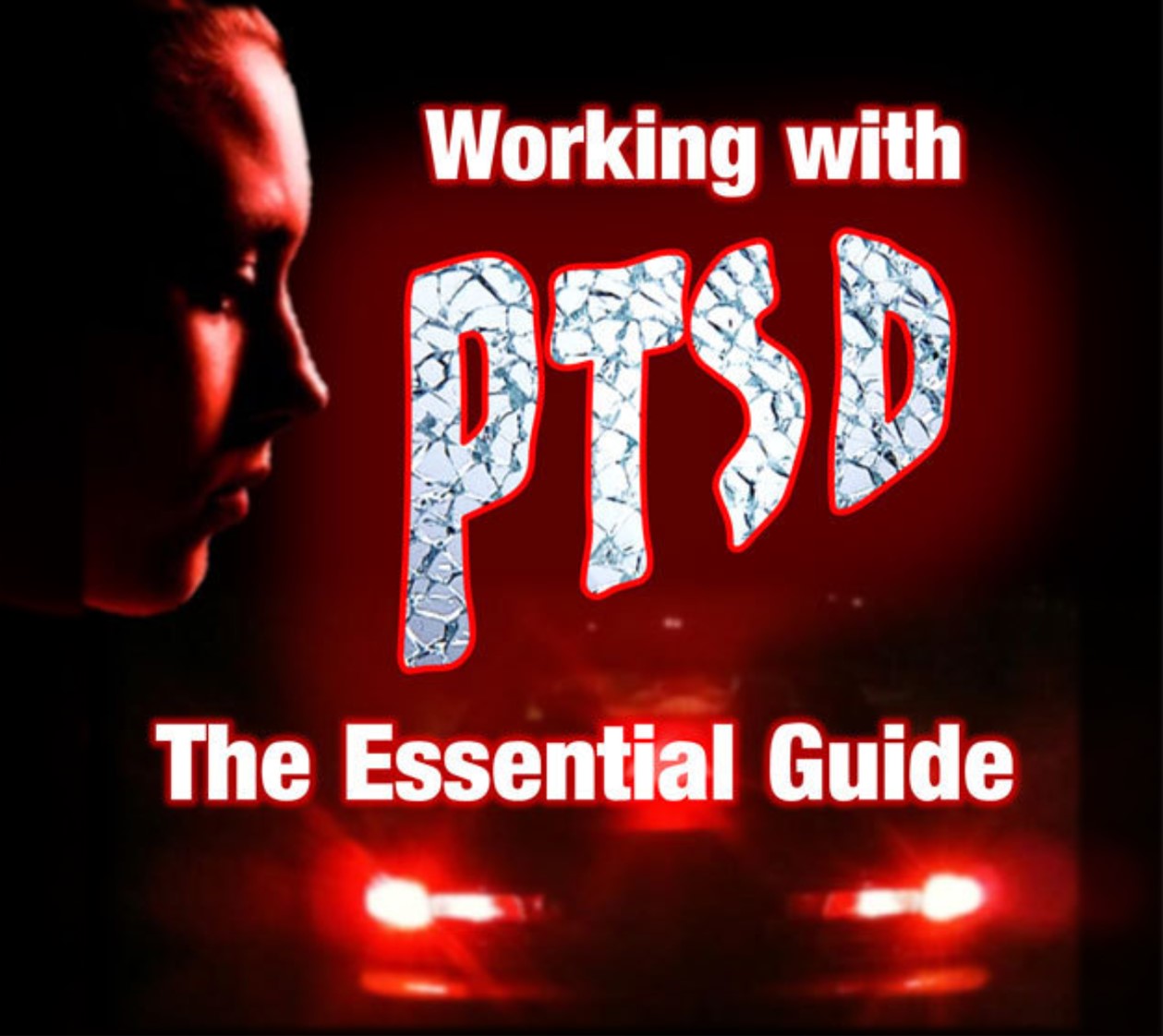
Course Brief
CLICK HERE TO BOOK
Module of Certificate in Cognitive Behavioural Therapy for Children and Adolescents
Book all 14 Modules (16 days) and save over £800
(CBT Introductory Course to be booked separately)
CLICK HERE TO BOOK
Learning outcomes for the day will be:
- How common is Post Traumatic Stress Disorder and what are the factors that increase the risk for this problem
- What is the difference between simple trauma and complex developmental trauma
- How this difference might impact on how you treat problems
- How to measure, assess and formulate PTSD
- Using Trauma Focussed CBT to treat PTSD and knowing when not to treat and to refer on to other services
- Treating PTSD whilst court cases or care proceedings are ongoing
Book all 14 Modules (16 days) and save over £800
(CBT Introductory Course to be booked separately)
This Course is now available as a full recording with an online test via SDS Online Video Training (OVT)
Title: Impact of Trauma and Post Traumatic Stress Disorder
Modality: CBT
CPD Hours Attached: 7 CPD Hours
CLICK HERE TO BOOK
Book all 14 Modules (16 days) and save over £800
(CBT Introductory Course to be booked separately)
SDS’ Certificate in Cognitive Behavioural Therapy for Children and Adolescents is Approved by the British Psychological Society
Course Tutor
Recommended Materials

Working with PTSD: The Essential Guide - 3 CPD Hours
Using this video training both new and experienced therapists will gain a number of useful and practical skills in working with Post Traumatic Stress Disorder (PTSD).
In the first video, expert in the field Dr Fiona Kennedy explores in conversation with Consultant Clinical Psychologist Paul Grantham, the essential aspects of assessment and treatment of PTSD, along with pros and cons of different approaches to working with clients who suffer this challenging condition. She gives practitioners working in the field many insightful and thoughtful suggestions on how to identify PTSD and explain the disorder to clients, as well as practical advice on therapeutic work, concentrating on CBT approaches to treatment, specifically reliving and cognitive restructuring. Fiona and Paul cover all aspect of the practicalities related to this approach from its introduction to the client to the timing of sessions, their length, frequency and follow-ups.
The second and third videos contain live consultations conducted by Dr Kennedy with a real client, filmed over the client’s shoulder to protect their confidentiality.


